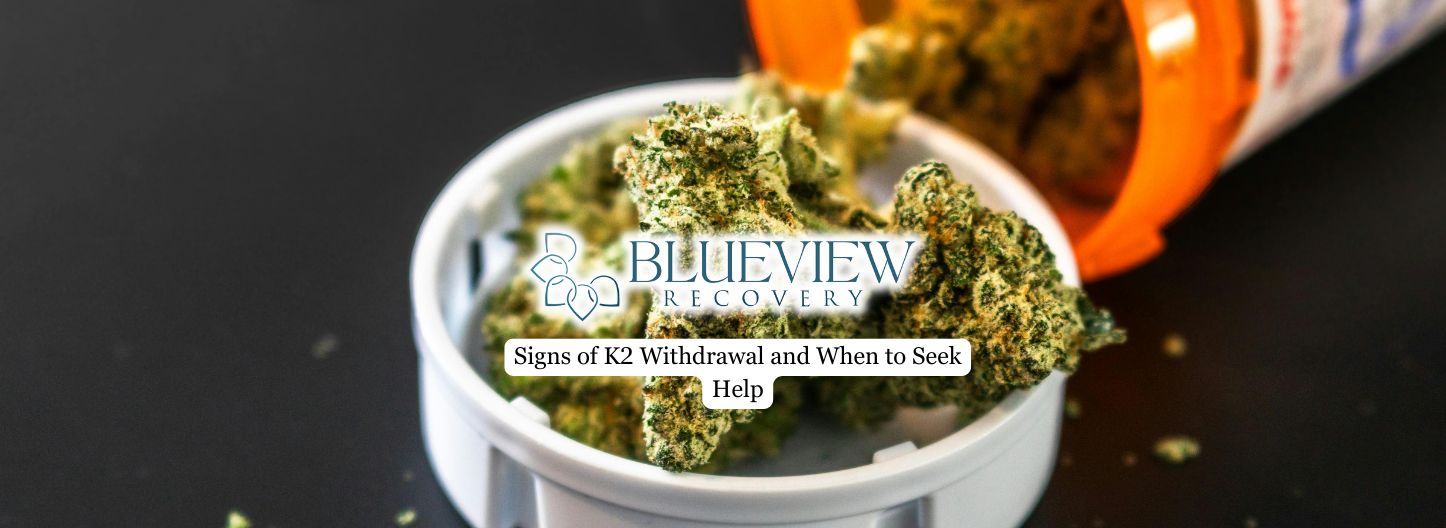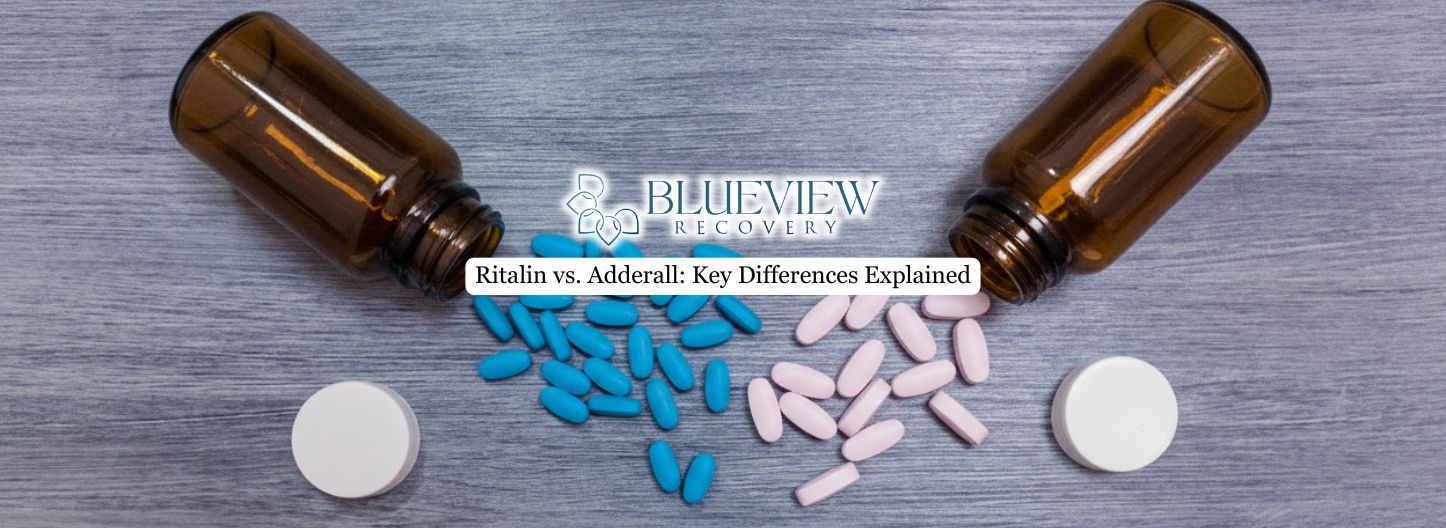K2, often referred to as Spice, is a synthetic cannabinoid designed to mimic the effects of marijuana. Despite being marketed as a safe or legal alternative, K2 poses serious health risks. Understanding its side effects is critical for individuals and families seeking accurate information about its dangers.
This article explores the short- and long-term effects of K2, the risks it poses to mental and physical health, and why professional treatment is often necessary.

What Is K2 (Spice)?
K2 is a man-made drug that binds to the same brain receptors as THC, the psychoactive ingredient in marijuana. Unlike natural cannabis, however, synthetic cannabinoids are unpredictable and often far more potent. Typically sprayed onto dried plant material and smoked, it may also be sold as a liquid to be used in e-cigarettes or vaporizers. Its constantly changing chemical structure makes it difficult to regulate and highly dangerous, as users can never be certain of the actual substances they are consuming.
The rapid changes in chemical design are not just a matter of potency—they also make it nearly impossible for medical professionals to predict the effects. What might appear safe in one instance could be far more toxic in another. This unpredictability is one of the most dangerous aspects of K2 use, underscoring the importance of professional addiction treatment to address its risks and consequences.
Short-Term Side Effects of K2
The immediate side effects of K2 can vary, but they are often more severe than those caused by marijuana. Individuals may experience a rapid increase in heart rate and elevated blood pressure, often accompanied by nausea and vomiting. Confusion, disorientation, and intense feelings of anxiety or paranoia are also frequently reported.
In many cases, people using it may face frightening psychological episodes. Hallucinations, extreme agitation, and violent or erratic behavior are not uncommon. The drug can also trigger seizures or sudden loss of consciousness. These intense reactions highlight how quickly recreational use can escalate into a medical crisis.
Long-Term Health Risks
Long-term use of K2 carries significant risks for both mental and physical health. It is considered highly addictive, and over time, users may develop dependence and experience withdrawal symptoms such as irritability, insomnia, and overwhelming cravings. Because K2 is not a standardized product, each use exposes the body to unknown chemicals that can increase the likelihood of long-term damage.
Reported lasting effects include kidney damage or complete failure, cardiovascular complications such as irregular heart rhythms, and persistent mood disorders. Some individuals struggle with long-term memory impairment, while others face an increased risk of developing psychosis. The toxic additives sometimes found in K2 formulations make these outcomes even more likely, leading to irreversible health consequences.

The Risk of Overdose
K2 poses a high risk of overdose. Because the potency of each batch can differ drastically, even a small amount may lead to life-threatening reactions. Someone may experience chest pain, difficulty breathing, seizures, or total loss of consciousness after consuming only a small dose. In extreme cases, overdose can result in death.
The inconsistency of these makes overdose a constant and unpredictable threat. With potency shifting so often, users cannot know what they are ingesting. This uncertainty makes every use of K2 a gamble with potentially devastating consequences.
Why Professional Treatment Matters
Recovering from K2 use is not just a matter of stopping the drug. Many individuals experience lingering health issues, both physical and psychological, that require professional care. Structured treatment programs such as outpatient care and ongoing counseling can provide medical supervision, peer support, and long-term strategies to help individuals safely manage the effects of spice.
Professional care also addresses the underlying factors that contribute to drug use, such as stress, trauma, or co-occurring mental health disorders. With therapies like cognitive behavioral therapy (CBT), group counseling, and holistic approaches, individuals can learn healthier ways to cope. Without addressing these root causes, the risk of relapse remains high.
Final Thoughts from Blueview Recovery
K2 (Spice) is a dangerous substance with unpredictable and severe side effects. From short-term complications like paranoia and rapid heart rate to long-term risks such as kidney failure and psychosis, its impact on health should not be underestimated.
At Blueview Recovery, we understand the complex challenges of synthetic drug use. Our team provides evidence-based outpatient addiction treatment in Philadelphia, PA, designed to address both the physical and mental health effects of substances like K2. With professional support and comprehensive care, recovery is possible, and individuals can reclaim a healthier, safer future.





